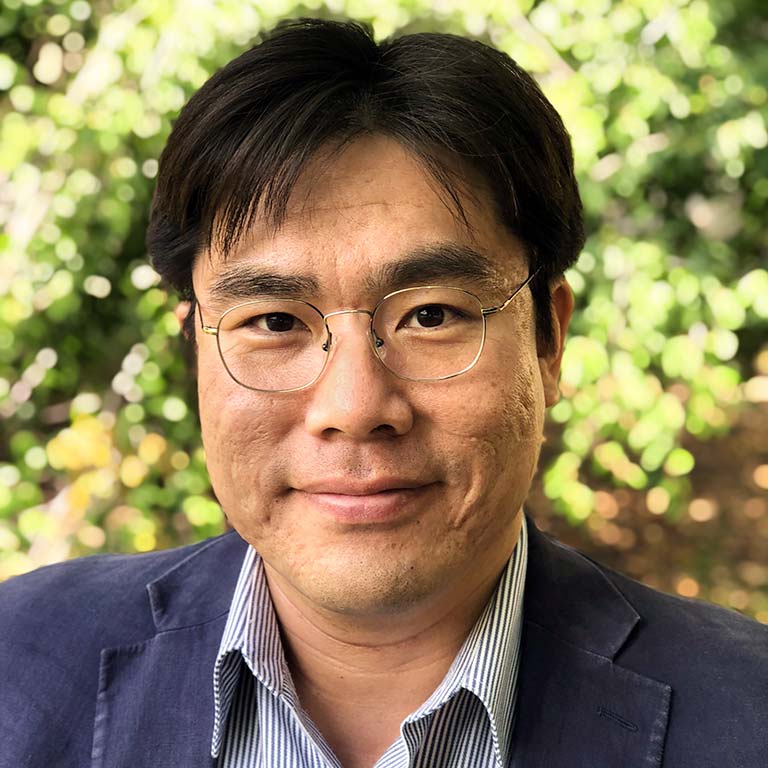Why do people think the state owes them something: services, money, or acts of symbolic recognition? Why do the state and its officials believe they have the power and even duty to intervene in people’s lives? What leads to such expectations and assumptions? And what are the implications of these expectations and assumptions for the meaning (or should we say the “content”) of the state and citizenship, especially at critical moments when one side’s very survival was dependent on the other? These are the main questions that motivate my research in the history of the late Habsburg Empire and post-WWI Central Europe.
My book, Victims’ State: War and Welfare in Austria, 1868-1925 (New York: Oxford University Press, 2022), is an analysis of how the Austrian state (first Imperial/Habsburg and then the small republican one) and society tackled the human and social consequences of soldering in an era of universal military service, democratizing political culture, and totalizing war mobilization. Specifically, it focuses on the politics of welfare provision for disabled veterans and dead soldiers’ surviving dependents (the so-called war victims) before, during, and after the First World War. By looking closely at the actions of and interactions between state officials and grass root war victim activists, the project combines political and social history in charting the emergence of a particular kind of state and a new conception (and practices) of citizenship in the context of multinational polity, war, and revolution.
Two research projects are ongoing. One is about refugees who claimed to be or had no choice but became "Austrians" at the end of the Second World War--what and who made them "Austrians"? This is an attempt at addressing the emergence of a stable post-Habsburg Austrian identity in the wake of the world wars by looking at everyday practice, rather than (abstract) political and philosophical statements. The other is about political asylum and law and order in revolutionary Vienna. Growing up in Taiwan, receiving graduate education in the U.S., and doing research in Europe, I am also very interested in the rise of social insurance systems in Europe and East Asia from a transnational perspective. My fascination with baseball as a subject of international and transnational history is growing as well, even though the teams I cheer for often disappoint.

 The College of Arts + Sciences
The College of Arts + Sciences